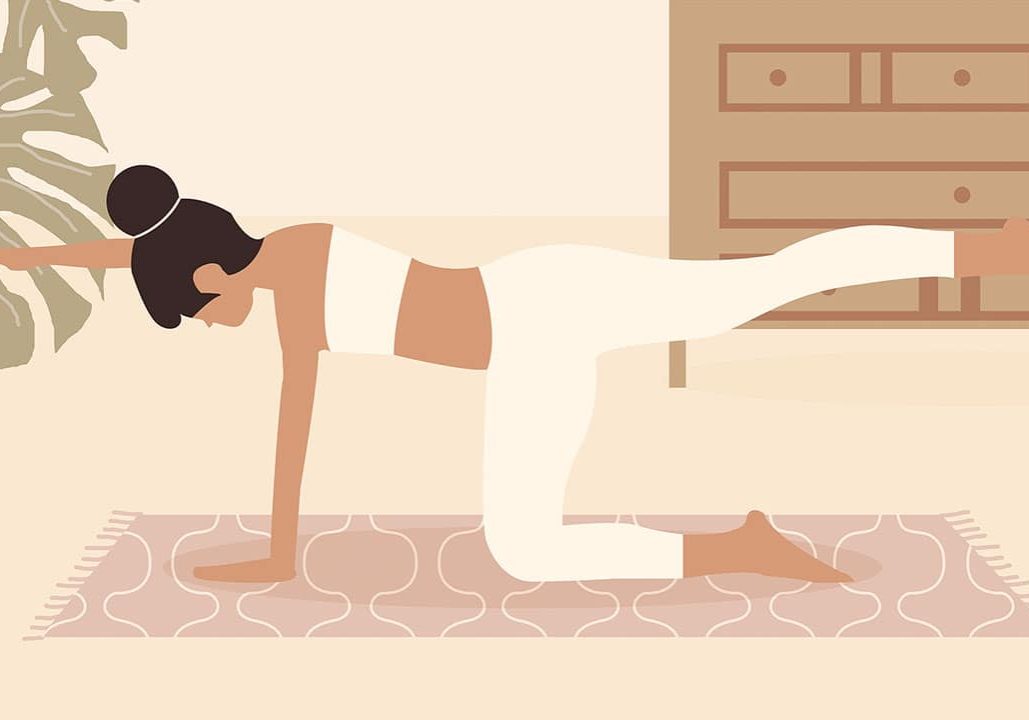
Living the teachings
understanding yoga’s everyday spiritual meanings APARIGRAHA: NON-POSSESSIVENESS By Sue Pugh
There are ‘eight limbs’ of yoga… the postures (asanas) make up just one limb. When we really ‘get’ yoga, we grow to understand that it is about so much more than simply adopting postures and moving the body.
The yamas and niyamas (limbs one and two) provide a simple set of practical, ethical guidelines when following the yogic path. By considering these guidelines in our daily lives, both on and off the mat, our decisions and actions come from a more considered, aware and ‘higher’ place, and this enables us to live a more authentic life.
The fifth and final yama (yama meaning 'restraint’) is Aparigraha which literally means not to grasp ‘things’. It is concerned with helping us to achieve a balanced relationship with what we would consider to be ‘ours’. Today, many of us are materialistic, perhaps without ever intending to be, a consequence of living in a world where much wants more. If we then become possessive, we are in turn, possessed, as what we hold onto, holds us.
In this context, possessed can mean anxiously holding onto our things whilst hoping and grasping for more. It doesn’t just relate to our possessions, but also to significant people in our lives. Aparigraha reminds us that clinging on to people or material things, weighs us down and takes away some of the enjoyment of living. We are reminded that joy in life is not dependent on holding on to people, possessions, relationships or ways of being.
Unfortunately, often our sense of worth is bound up with what we consider to be ‘ours’, this then sub-consciously leads us to cling on to what we have and the way things are. This can result in fear of change, and the inability to let go of people, thoughts and ideas. When change of any sort provokes anxiety, we try to ‘control’ certain aspects of our life and hold on even tighter to our ‘things’ as if they will shroud and protect us.
Instead, we are encouraged to make good use of all that we have and enjoy without becoming overly possessive or emotionally attached, prompting us to think about certain aspects of our lives and our relationships with others. It doesn’t mean that we can’t own nice things or have ambitious goals, it does remind us that our happiness is not or should not be dependent on owning those things or achieving those goals, but it is an inside job. How often have you discovered this for yourself? When that new car or that expensive purchase actually only brings fleeting happiness.
The polar opposite to possessing is letting go, a concept frequently used in our yoga practice. By letting go we are able to love more deeply and live more fully as we create more space in both our head and our heart.
Sue Pugh is a yoga teacher and founder of vitabonayoga.com and yogainspecialplaces.com




